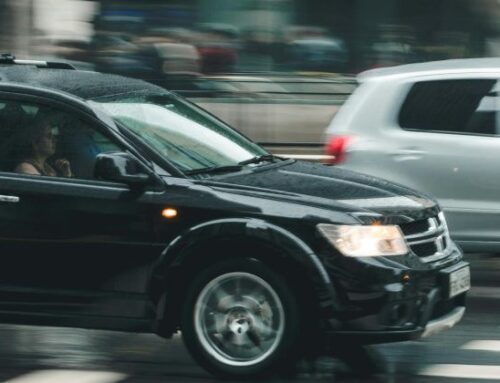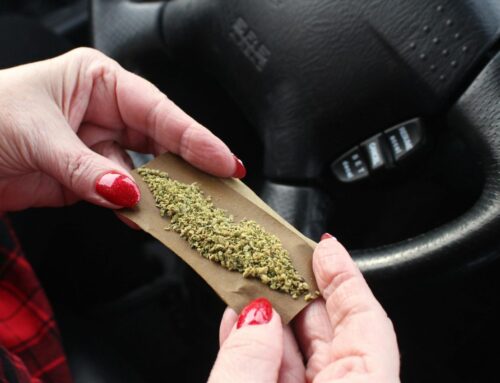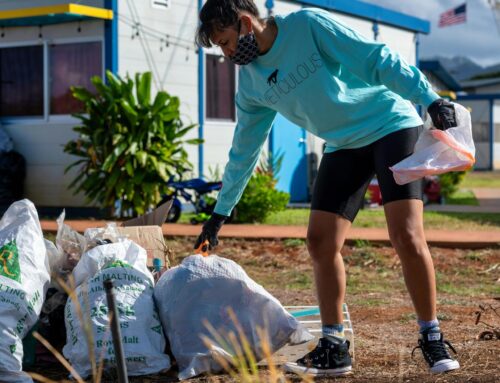Marijuana has been legal for medical use in New Mexico for some time now. The debate continues over whether recreational marijuana use will be legal anytime soon in New Mexico. Whether or not you believe marijuana should be legalized, driving while impaired by marijuana use has an effect on our community. It has been difficult for law enforcement to measure someone’s level of impairment after causing a collision. However, if you drive while stoned, be aware, marijuana breathalyzers are hitting the streets.
Regardless of whether marijuana use is legal, however, it is clear that driving while impaired by marijuana is not legal, and will never be legal. Driving while high is intoxicated driving. It is considered reckless and dangerous. Unfortunately, as marijuana becomes legal and more easy to obtain, more drivers are getting on the roads while high For example, since Washington state legalized marijuana in 2012, the number of drivers involved in fatal crashes who tested positive for marijuana rose from 8% in 2013 to 17% in 2014, according to the National Conference of State Legislatures. This means that marijuana is a serious problem for public safety when people are choosing to drive stoned.
Until now, however, it has been difficult for police to prove that an individual was driving high. There are telltale signs of marijuana use—bloodshot eyes, for example. And, of course, marijuana has a very distinct odor. But without the smell of weed emanating from a car or a person, the other signs of marijuana use can mimic other conditions, like just being tired. And individuals who are high often do not slur their speech or otherwise fail field sobriety tests like drunk people do.
That’s why marijuana breathalyzers are hitting the streets. These special breath tests for marijuana have been created by Hound Labs in California, as well as researchers at Star Labs in Pittsburgh, and are designed to detect marijuana in a person’s system if it has been smoked or ingested within the last three hours. This is referred to as the “peak impairment window”
Mike Lynn, the CEO of Hound Labs, says, “The fundamental challenge is that THC [the inebriating chemical in marijuana] exists in breath concentrations that are something like a billion times less than alcohol…that means you need a breathalyzer that’s literally a billion times more sensitive if you’re going to use it for marijuana.”
This all sounds great in theory, but one major problem remains: Right now, unlike alcohol, no standard for THC intoxication exists or is written in any state driving laws. So the question is—how much weed is too much? If the breathalyzer detects even tiny amounts of THC on the breath, there are concerns that people who are not actually high or stoned might be incarcerated or wrongfully arrested. With alcohol, you can figure out impairment by measuring the amount of alcohol in someone’s blood, which you can determine from a Breathalyzer using the “blood to breath,” or “partition,” ratio. But there is no such ratio for marijuana—yet.
A lot of people think it’s okay to drive after smoking weed. They say that it doesn’t impair them the same way alcohol does. But this is wrong. Marijuana affects your decision-making ability, your sense of time and space, and it can make you sleepy and slow. It is not safe to drive while high.
At Roadrunner Law Firm, we have seen first hand the results of driving drunk, high, and stoned. Intoxicated driving destroys lives. We have held the hands of the remaining family members after fatal car collisions that have taken lives too soon. We have seen our clients disfigured and disabled for life as a result of someone’s selfish choice to drive high, stoned, or drunk. These are preventable occurrences. The marijuana breathalyzer might not yet be perfect—but it is a good step toward deterring people from thinking it’s okay to drive after smoking a joint.
If you have been hurt by someone driving after smoking weed, or driving while drunk, high or stoned on any other intoxicating substance, we can help. Our expert team of of legal professionals knows how to get you all the compensation available to help you put the pieces back together after a DUI wreck. Call us today. Consultations with our lawyers are always free.



